I grew up on a small corn and soybean farm in Crawford County, IL. I enjoyed growing up on the farm and helping in the summers. I appreciated the lessons it taught me about making do with what you have and the valuable lessons you can only learn from manual labor. While I decided to leave the family farm for college, I was able to stay connected to agriculture through my education, majoring in Agricultural Engineering at the University of... Read More →
ILSOYADVISOR POST
Consumer Demand for Soil Health
August 07, 2020
Illinois Sustainable Ag Partnership (ISAP) hosted a risk management webinar series this summer. Recaps of the presentations and a link to the full presentations will be provided here after each webinar.
The July 2 webinar focused on consumer demands for soil health and the impact of supply chain needs on farmers. Jonathan Coppess from the University of Illinois at Urbana-Champaign kicked off the presentation with some of the current trends in sustainability and policy that have direct impact at the farm gate.
Third party evaluations are being used by investors, asset managers, and financial institutions to rate the sustainability efforts of companies. These evaluations are very much a private, market-driven effort that has already begun to reach into agriculture. Investors are not the only ones driving this type of rating system. Purchasing decisions by consumers are driven by sustainability for a large population of people. Just one proof point from the International Food Information Council indicates that 54% of people found environmentally sustainable products at least somewhat important in the 2019 Food and Health Survey. Consumers are also voters, so as policy starts to move in the direction of sustainability topics like GHG reduction, climate change and water quality, even more emphasis will be placed on conservation practices at the farm level.
With so many factors to consider, Coppess has identified a few things that are necessary to help bridge the gap along the supply chain.
- Market Solutions: Programs designed to incentivize farmers and ranchers to improve soil health or water quality.
- Technology and Research: Going beyond yield to create better conservation solutions and make decisions at the field level.
- Federal Policy: The potential is enormous for federal policy to provide aid to farmers, and many of the current discussions are centered around climate stewardship and other sustainability-related topics.
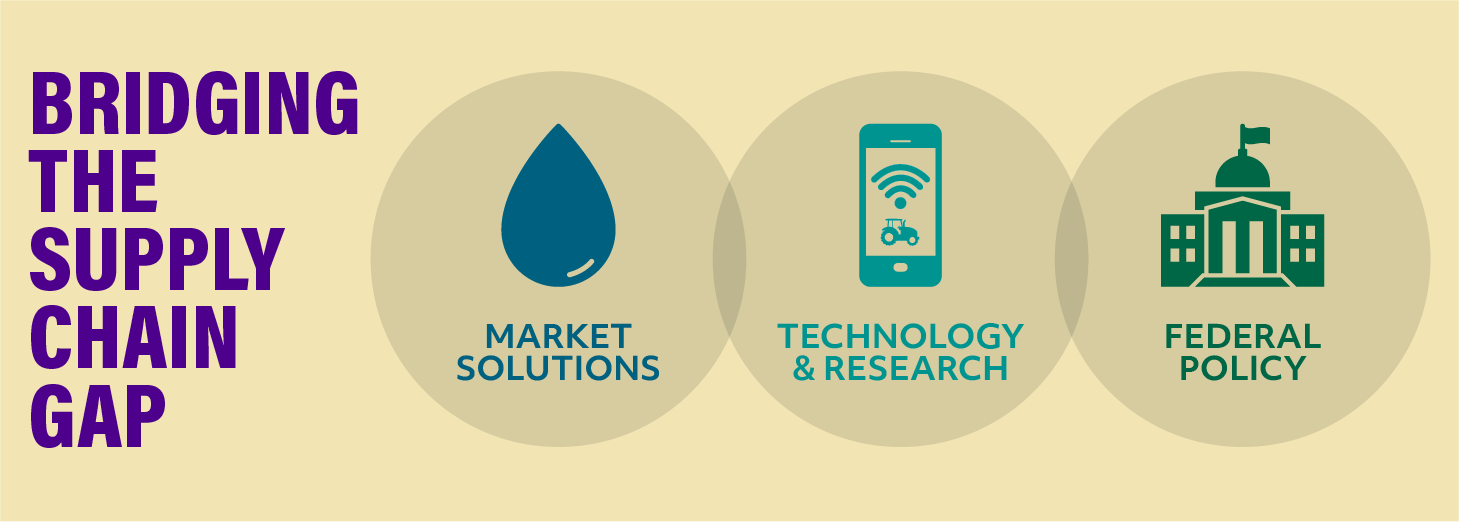
The presentation wrapped up with a Q&A with corporate sustainability folks and a corn, soybean and wheat farmer to gain perspective on how these programs come to life.
Ryan Siroli, Global Row Crop Sustainability Director with Cargill spoke about the positive evolution in what consumers are asking of food companies. The last 10-12 years saw a lot of interest in creating more transparency in the food chain and consumers wanted to understand what was going on at the farm level. In 2020 and beyond, consumers are more interested in the impact of these practices.
Margaret Henry, Director of Sustainable Agriculture at PepsiCo emphasized that their company cannot thrive if the farmers growing the food that goes into their product are not thriving. They identify local partners for conservation programs that can help address the specific needs of farmers in that area. They are willing to provide incentives to farmers and partner with other stakeholders to ensure a unified message to farmers.
Carter Morgan farms corn, soybeans and wheat near Danville and has acres in both Illinois and Indiana. Of the 2,400 acres he farms with his dad and uncle, 90% are cover crops and they have been completely no-till since the early 2000s. From a farmer’s perspective, Morgan acknowledges the additional paperwork and record-keeping associated with conservation programs. But he also made it clear that it’s worth the additional income it creates for his farm. Especially with commodity prices are so low, anything he can do to create more income without farming additional acres is a good business decision for him.
Click here to view the full webinar.
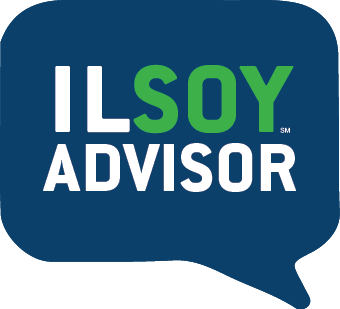
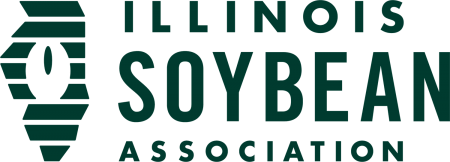
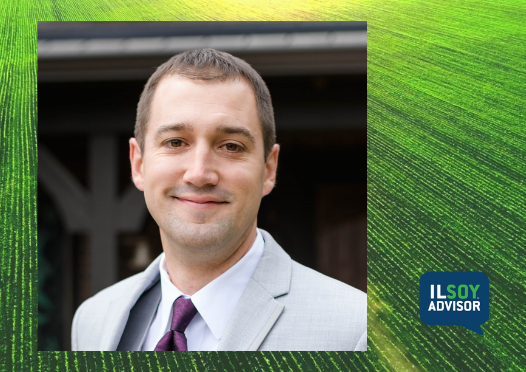
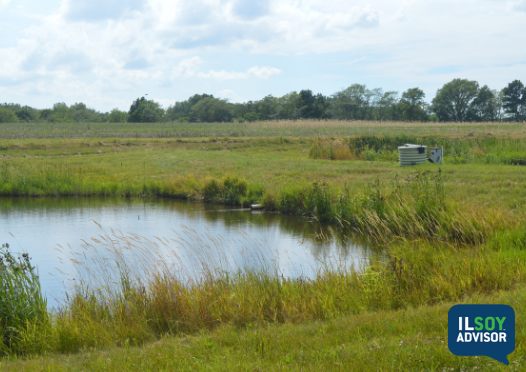
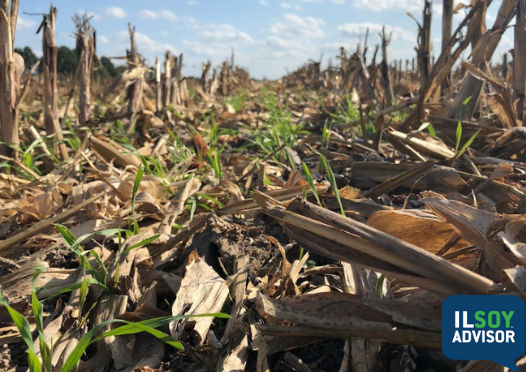
Comments
Add new comment